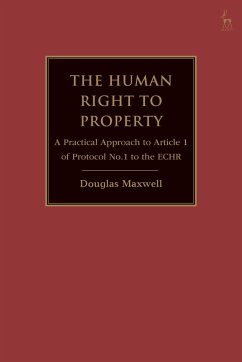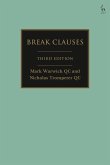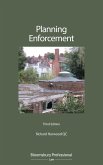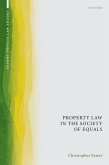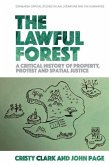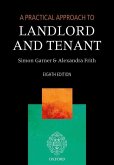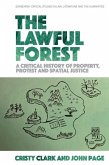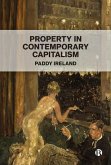"This book provides a highly detailed, practical analysis of Article 1 of Protocol No.1 (A1P1) and its implications in the United Kingdom. A1P1 prescribes a qualified right to the peaceful enjoyment of 'possessions'. This right corresponds to a negative limit on legislators and public authorities to rationalise interferences with possessions and, where necessary, to strike a fair balance, often requiring just compensation. Through lively and rigorous commentary on the latest advances made by the European Court of Human Rights and domestic courts, The Human Right to Property enriches current understanding of the peaceful enjoyment of property since the enactment of the Human Rights Act 1998. Exploring the theoretical and political foundations of A1P1, the book guides the reader through the relevant case law from the earliest developments in Strasbourg to the present day. The Human Right to Property concludes that the most significant impacts of A1P1 are that it: forces States to justify interferences; limits radical redistributions of property; and casts a wider shadow over legislative choice and public body decision-making"--
Hinweis: Dieser Artikel kann nur an eine deutsche Lieferadresse ausgeliefert werden.
Hinweis: Dieser Artikel kann nur an eine deutsche Lieferadresse ausgeliefert werden.

